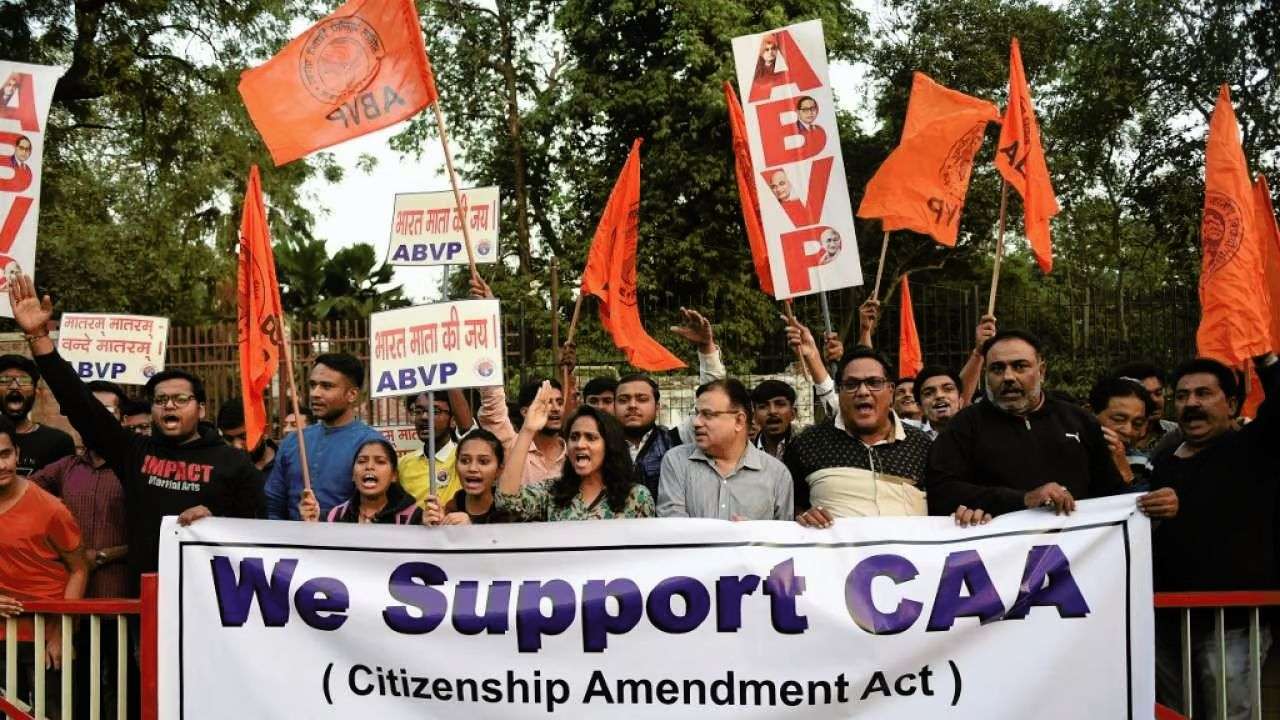The Implementation of the Citizenship Amendment Act (CAA) in India
The Citizenship Amendment Act CAA has been officially implemented in India, marking a significant development ahead of the Lok Sabha polls. This move comes after a period of intense debate and protests surrounding the legislation.
Background of the CAA
The CAA was enacted by Parliament on December 11, 2019, with the aim of providing a fast-track pathway to Indian citizenship for migrants from Afghanistan, Bangladesh, and Pakistan who belong to Hindu, Sikh, Jain, Parsi, Buddhist, and Christian communities. These migrants must have entered India on or before December 31, 2014, due to facing religious persecution in their home countries
| CAA Timeline | Events |
| December 11, 2019 | The CAA was passed by Parliament and subsequently received the president’s assent. |
| December 16, 2019 | Protests erupted in various parts of the country against the amended Citizenship Act. |
| January 14, 2020 | Microsoft CEO Satya Nadella voiced bookings about a suggested citizenship rule based on religion on |
| February 29, 2024 | Assam Chief Minister Himanta Biswa Sarma declared on, that protests against the CAA were irrelevant at that time. |
Citizenship Amendment Act Implementation Specifics
Days before of the scheduled announcement of the Lok Sabha elections, the Indian government announced the regulations governing the implementation of the CAA. Persecuted non-Muslim migrants from Afghanistan, Bangladesh, and Pakistan will now be able to apply for Indian nationality thanks to the actions of the Modi administration. Online applications for citizenship will be made using an exclusive online portal.
Citizens CAA Controversies and Reactions
The execution of the CAA has been met with mixed reactions. While supporters view it as a human-centred movement towards persecuted minorities,’ critics argue that it is judicial and could have led to spiritual polarization.
Opposition parties have raised concerns about the timing of the implementation,’ suggesting it may be a strategic move to work elections
Conclusion
In conclusion, as well as the execution of the Citizenship Amendment Act in India represents a meaningful step in the expansion of migration policies and has sparked debates on single fronts regarding its implications and timing.
